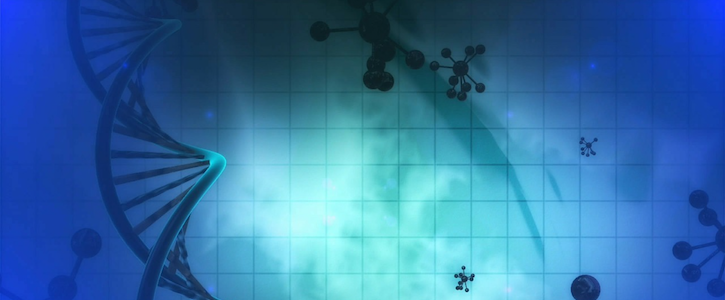- Politics
- Diversity, equity and inclusion
- Financial Decision Making
- Telehealth
- Patient Experience
- Leadership
- Point of Care Tools
- Product Solutions
- Management
- Technology
- Healthcare Transformation
- Data + Technology
- Safer Hospitals
- Business
- Providers in Practice
- Mergers and Acquisitions
- AI & Data Analytics
- Cybersecurity
- Interoperability & EHRs
- Medical Devices
- Pop Health Tech
- Precision Medicine
- Virtual Care
- Health equity
CRISPR Baby Outrage Grows, Fueling Calls for Prosecution, Bans
Though many find He Jiankui’s gene-editing experiment unethical, there is still no proof that he did it.

More than 100 organizations, experts and advocates released a statement to the Second International Summit on Human Genome Editing to condemn the actions of He Jiankui, the Chinese researcher who claimed to create genetically engineered babies.
“Though these claims are unverified, his actions violate a key provision of the concluding statement issued at the First International Summit on Human Gene Editing in 2015, that such dangerous experiments should not proceed until there was a broad societal consensus in their favor,” reads the statement, which many of the world’s top gene-editing scientists signed.
The participants hope the statement will advance efforts to regulate and prevent reckless behavior such as He’s.
>> READ: The Complicated Ethics of Gene Editing
Signers urged the organizers to condemn the actions of He, who claimed this week to have used CRISPR to genetically engineer twin babies to defend them against HIV infection, in a move that experts said could lead to consequences that affect everyone. Opponents called on governments and the United Nations to establish moratoria prohibiting reproductive experiments with human genetic engineering.
“Such policies are necessary in order to ensure that we do not get into a runaway international competition for primacy in reproductive genetic engineering, leading to a new form of eugenics,” the statement adds.
David King, Ph.D., director of Human Genetics Alert, called for scientists’ licenses to operate to be taken away if scientific leaders don’t act and that enforceable policies be set in place to ensure this does not happen again.
King also called for the prosecution of He as a warning to others.
Despite He’s claims, his findings have not appeared in any academic journal, and the hospital where the births allegedly occurred denied playing a part in the experiment.
“If true, this amounts to unethical and reckless experimentation on human beings and a grave abuse of human rights,” Marcy Darnovsky, Ph.D., head of the Center for Genetics and Society said in a statement.
There are also questions about whether the couple participating in this experiment fully understood the risks and benefits.
According to a report by the Associated Press, consent forms for the experiment called the project an “AIDS vaccine development” program, even though He’s goal was to disable a gene that allows HIV, the virus that causes AIDS, to enter a cell.
He’s claims came on the eve of the gene-editing summit.
Get the best insights in healthcare analytics directly to your inbox.
Related
Forensic Genealogy Is Neat. Is It Ethical, Though?
Lost in the CRISPR Hype, a Gene-Editing Giant Is Fighting Back
Cybersecurity panel: Hospitals threatened by attacks aimed at vendors
November 4th 2024Chief Healthcare Executive presents another installment from our conversation on cybersecurity, with experts from the American Hospital Association, HIMSS and Providence. They talk about breaches tied to business partners.
Cybersecurity panel: The scope of recent ransomware attacks in healthcare
October 28th 2024Chief Healthcare Executive hosted a discussion on cybersecurity with leading experts from the American Hospital Association, HIMSS and the Providence health system. They talked about the growing problem of cyberattacks.
